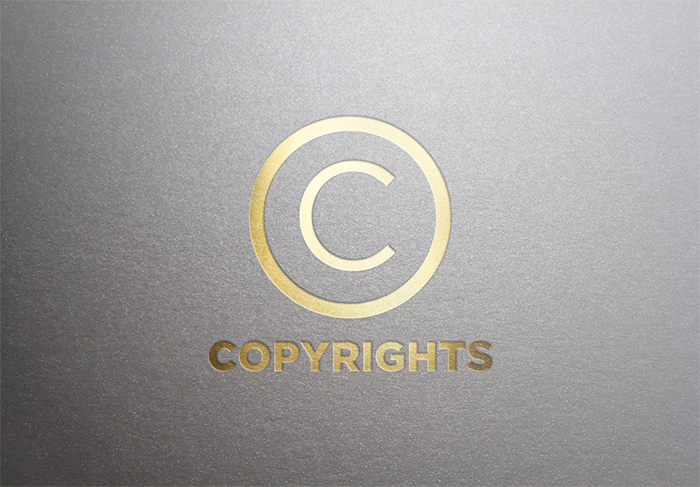
We can help you with your copyright issues. Call (775) 826-6160 now
Copyrights protect creative works of authorship. Works of authorship may include software, books, website content, movies, videos, pictures, sound recordings, sculptures, paintings, etc. Unlike patents that can protect practical concepts and ideas, copyrights protect the expression of ideas but not the ideas themselves. Our attorneys can help you protect and derive revenue from your copyrights.
- We help you protect your creative works of authorship using copyrights.
- Our attorneys work with you to identify your copyrightable works and maximize their value.
- We draft custom copyright agreements to protect you and achieve your goals.
Copyrights are an important part of intellectual property. Copyrights protect a wide range of original works of authorship. Works of authorship include, for example, books, articles, website content, computer software, music, plays, pictures, sculptures, graphical designs, movies, videos and architectural designs. The goal of the copyright system is to provide an incentive for authors to create by allowing them to control their works.
Expression v. Ideas
Copyrights can protect the expression of ideas but not the ideas themselves. Others can make their own works about actual facts presented in a copyrighted work.
Fixation
In order to be protected, an original work of authorship must be fixed in a tangible form. Fixing a work in tangible form can be, for instance, writing it on paper, painting it on canvas or recording it on a memory device, such as an electronic memory, a hard drive or compact disk.
Exclusive Rights
A copyright owner has exclusive rights to reproduce, distribute, prepare derivative works, publicly display and perform a work.
Copyright Registration
Works of authorship should be registered with the United States Copyright Office. The process is relatively simple and inexpensive. Although registration is not required, we highly recommend it. Registration can provide significant advantages in the event of infringement.
Term of Copyrights
A work created on or after January 1, 1978 is protected, from the moment of it’s creation until 70 years after the author’s death. For an anonymous work, a pseudonymous work, or a work made for hire, the copyright endures for a term of 95 years from the year of its first publication or a term of 120 years from the year of its creation, whichever expires first.
Copyright Transactions
Copyrights can be transferred (assigned) or licensed. A license gives the licensee certain rights under the copyright.
Copyright Litigation
Copyright litigation usually involves infringement of one or more rights. This occurs when a party uses or exercises a right without having an appropriate license. Copyright infringement disputes are almost always heard in federal courts. However, peripheral issues, such as ownership, can be determined in state court. Although all litigation can be expensive, copyright litigation is generally less expensive than other forms of intellectual property litigation.
